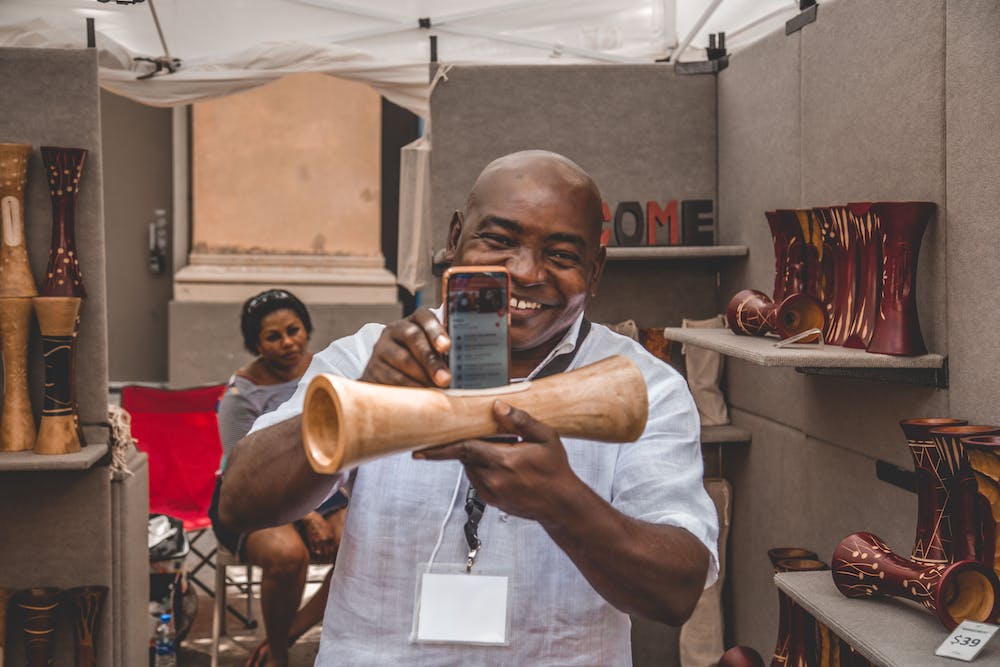Buying a home is a big decision that involves a lot of research and planning. But sometimes, you might come across some myths that can make the process more confusing or stressful. Here are the top 5 home buying myths debunked, so you can make an informed and confident choice.
 Myth #1: You need a 20% down payment to buy a home.
Myth #1: You need a 20% down payment to buy a home.
This is one of the most common myths that prevents many people from pursuing their dream of homeownership. While a 20% down payment can help you avoid paying private mortgage insurance (PMI), it is not a requirement for most loans. In fact, there are many loan programs that offer low or no down payment options, such as FHA, VA, USDA, and conventional loans with less than 20% down. Depending on your credit score, income, and debt-to-income ratio, you might qualify for one of these programs and save money on your upfront costs.
 Myth #2: You need a perfect credit score to buy a home.
Myth #2: You need a perfect credit score to buy a home.
Another myth that can discourage potential buyers is that they need a perfect credit score to get approved for a mortgage. While your credit score is an important factor that lenders consider, it is not the only one. Lenders also look at your income, employment history, assets, debts, and other factors to determine your eligibility and interest rate. Moreover, different loan programs have different credit score requirements, ranging from 580 to 740 or higher. So even if your credit score is not perfect, you might still be able to buy a home with a reasonable interest rate.
 Myth #3: You should buy the most expensive home you can afford.
Myth #3: You should buy the most expensive home you can afford.
Some people might think that buying the most expensive home they can afford is a good investment strategy, since they expect the home value to appreciate over time. However, this is a risky move that can backfire in many ways. First of all, buying a more expensive home means paying more in monthly mortgage payments, property taxes, insurance, maintenance, and utilities. This can put a strain on your budget and limit your ability to save for other goals or emergencies. Second, buying a more expensive home does not guarantee that it will appreciate faster or more than a less expensive home. The home value depends on many factors beyond the price tag, such as location, condition, demand, supply, and market trends. Third, buying a more expensive home can make it harder to sell or refinance in the future, especially if the market conditions change or your financial situation worsens.
 Myth #4: You don’t need a real estate agent to buy a home.
Myth #4: You don’t need a real estate agent to buy a home.
Some buyers might think that they can save money by skipping the real estate agent and buying a home on their own. However, this is a mistake that can cost them more in the long run. A real estate agent is a professional who has the knowledge, experience, and network to help you find the right home for your needs and budget. They can also help you negotiate the best price and terms with the seller, handle the paperwork and legal issues, coordinate the inspections and appraisals, and guide you through the closing process. Moreover, as a buyer, you don’t have to pay for the agent’s commission, since it is usually covered by the seller. Therefore, hiring a real estate agent is a smart move that can save you time, money, and hassle.
 Myth #5: You should buy now before it’s too late.
Myth #5: You should buy now before it’s too late.
The last myth that can pressure buyers into making hasty decisions is that they should buy now before it’s too late. This myth is often fueled by the fear of missing out on low interest rates or rising home prices. While it’s true that interest rates and home prices are influenced by market forces that are beyond your control, it’s also true that buying a home is a personal decision that depends on your individual circumstances. Buying a home before you are ready or comfortable can lead to financial stress or buyer’s remorse later on. Therefore, instead of following the market trends or other people’s opinions, you should follow your own goals and priorities. Buy when you are ready and when you find the right home for you.

